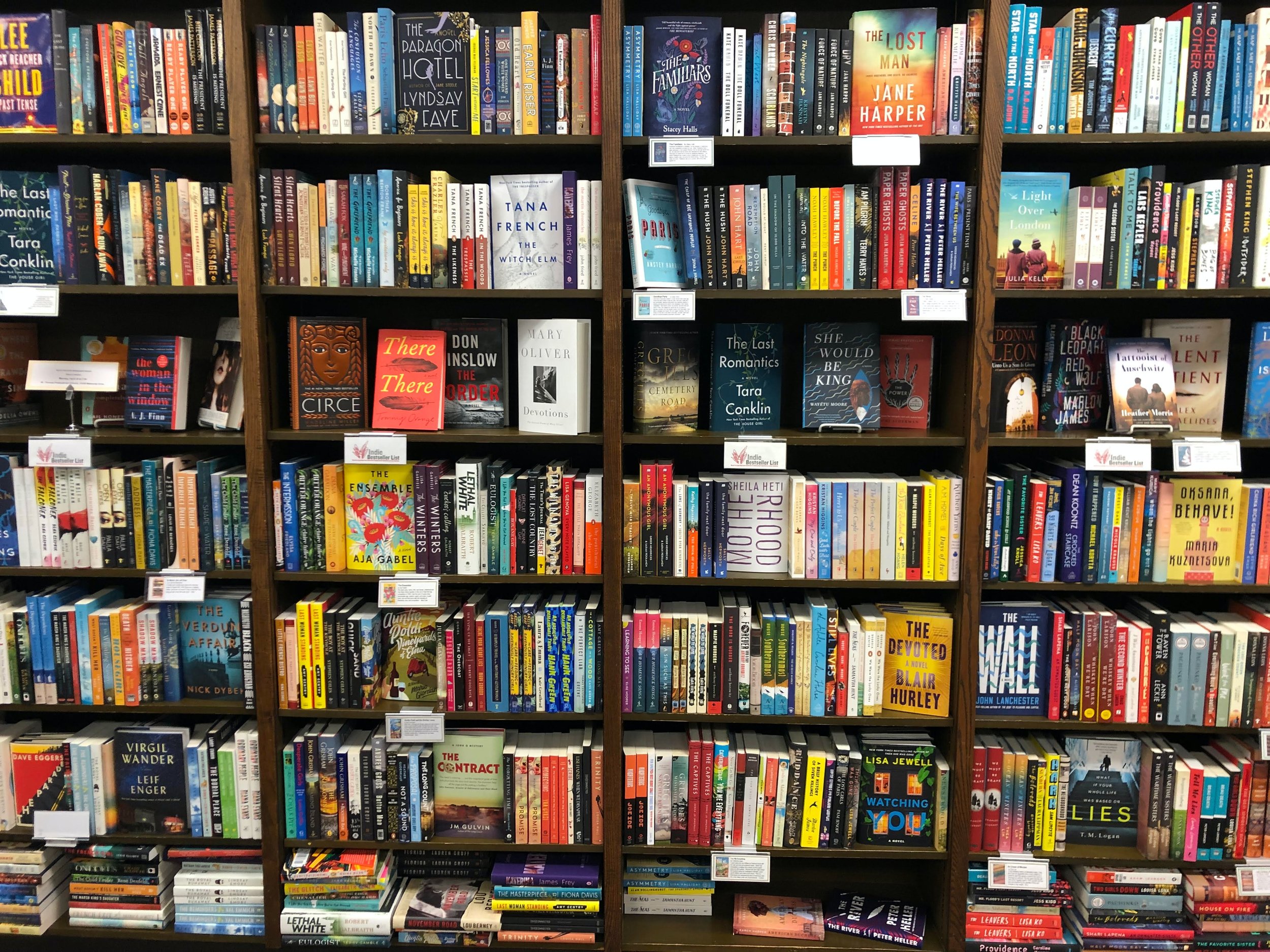The Opportunity for Independent Bookstores
With my debut novel coming out this summer, I have spent a great deal of time pitching, visiting, and analyzing independent bookstores in the last year. I love indie bookstores. So, in recognition of Independent Bookstore Day today, I encourage you to support your local bookstore (and, hopefully, buy a copy of Bit Flip there!). If you need to find an independent bookstore near you, IndieBound has a great store locator. Or you can buy books through Bookshop.org which shares revenues with independent stores.
Running a local independent bookstore is a huge challenge. Most stores that have survived have done so out of a pure passion around books. For more than two decades, Amazon has been an existential threat to bookstores. Indeed, over that period of time, the number of bookstores in the U.S. has declined more than 50%—from 12,000 to only 6,000. Although physical bookstores may have been among the first to feel the pain of e-commerce disintermediation, they are hardly alone. Every sector of the retail industry has suffered.
But something interesting has happened among independent bookstores—they have been steadily growing, even during the pandemic.
Photo by Renee Fisher on Unsplash
How is this happening? My theory is best encapsulated in the movie The Founder about McDonald’s founder Ray Kroc in which a business advisor tells him, “You don’t seem to realize what business you’re in. You’re not in the burger business. You’re in the real estate business.”
This, in a nutshell, is the opportunity that smart bookstore owners are recognizing. They aren’t in the book business. They are in the community business. Sure, customers can buy books, and that’s what draws them to the store. But what makes buying a book at a local independent bookstore special is the opportunity to engage with your community.
A great case study of this is my local bookstore, Kepler’s. After 50 years in business, Kepler’s announced in 2005 that it was closing its doors. The reaction from the community was immediate and determined, ultimately saving the store and leading to a restructured organization designed to foster events and community involvement. In other words, they discovered it’s not about the books, it’s about the community.
The social connection around literature is a highly unique quality that bookstores can leverage. What differentiates books from so many other retail categories is that they are not a commodity. Books are vessels for ideas, instigators of conversations, propagators of community. Most of the things I buy don’t lend themselves to community. I don’t have a sense of community about my toothpaste, or dish detergent, or a blender. But community around books is essential.
Bookstores that are strictly in the “book business” will continue to struggle—stacking the tables at their entrance with the same tired list of best-sellers, trying to compete head-to-head with Amazon and Apple on the latest blockbuster rather than featuring lesser known authors.
Bookstores that will not only survive but thrive will be the ones who maximize their opportunity as champions of our local communities. Fostering gathering places where people can meet, debate, and discuss. They will re-orient their revenue models to not only monetize books, but create new revenue streams around the true value they facilitate—hosting more events, creating more forums, curating the best content, recommending local authors. Beyond selling a $20 book, they will make revenue through admissions, subscriptions, concessions, and affiliations. They will leverage their physical space to create a space for community—something people want now more than ever. Because books are just the medium. The community is what matters.
This is what it means to be in the community business.
